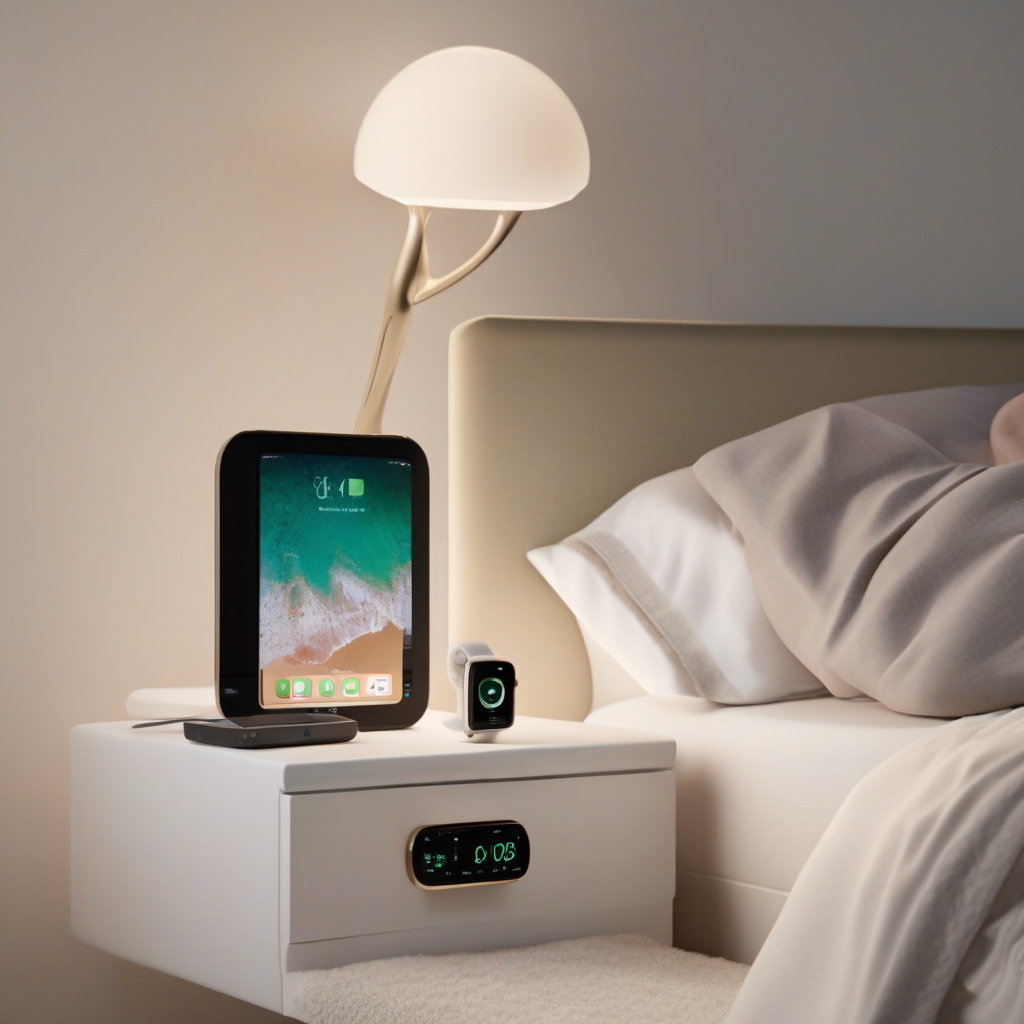Calls Grow for Better Security on Smart Intimate Devices
In the age of smart technology, our lives have become increasingly intertwined with devices that offer convenience, efficiency, and connectivity like never before. From smartwatches that monitor our health to voice-activated assistants that control our homes, the Internet of Things (IoT) has revolutionized the way we live. However, as we continue to embrace these advancements, concerns have been raised about the security of smart intimate devices, particularly in relation to weak app security that enables interception and account takeover.
Experts in the field have highlighted the vulnerabilities present in smart intimate devices, such as connected sex toys, intimate wearables, and other products designed to enhance personal experiences. One of the primary issues identified is the lack of robust security measures within the accompanying mobile apps that control these devices. With many users opting for convenience over security, these apps often store sensitive data, such as user preferences and activity logs, without adequate protection.
The consequences of such weak app security are significant. Hackers could potentially intercept the data being transmitted between the app and the device, compromising the user’s privacy and safety. Moreover, in cases where user accounts are linked to these apps, there is a risk of unauthorized access and takeover, leading to potential misuse of the device and the data it collects.
As the market for smart intimate devices continues to grow, so does the urgency for improved security measures. Manufacturers and developers are being called upon to prioritize the protection of user data and privacy by implementing stronger encryption, secure authentication processes, and regular security updates. Additionally, user education plays a crucial role in raising awareness about the risks associated with smart intimate devices and the steps that can be taken to mitigate them.
In response to these concerns, industry organizations and advocacy groups have started campaigns to raise awareness about the importance of security in smart intimate devices. By advocating for better practices and regulations, they aim to hold manufacturers and developers accountable for ensuring the safety and privacy of their users.
One example of a proactive approach to addressing these security issues is the collaboration between cybersecurity experts and smart device manufacturers. By conducting thorough security assessments and penetration testing, vulnerabilities can be identified and addressed before they are exploited by malicious actors. This proactive stance not only protects users but also enhances the reputation and trustworthiness of the brands behind these devices.
In conclusion, the growing calls for better security on smart intimate devices reflect the evolving landscape of IoT technology and the need to prioritize user safety and privacy. With experts citing weak app security as a key concern, it is imperative for manufacturers, developers, and users to work together in addressing these vulnerabilities. By implementing robust security measures, raising awareness, and fostering collaboration, we can ensure that smart intimate devices continue to enhance our lives without compromising our security.
smart technology, IoT, cybersecurity, data privacy, user safety












